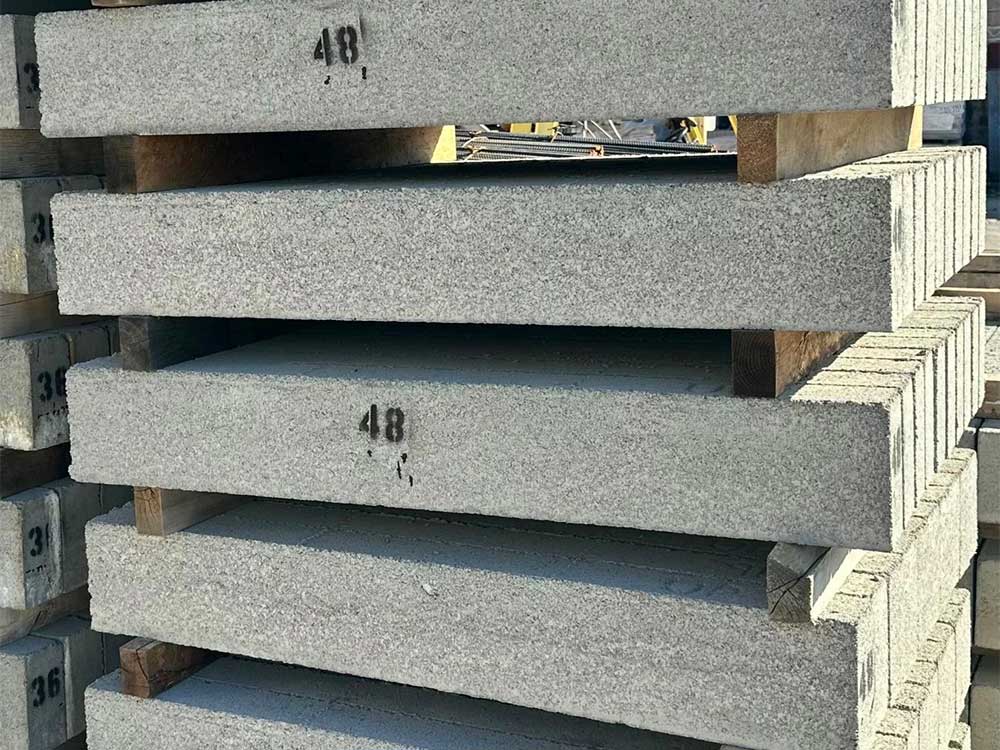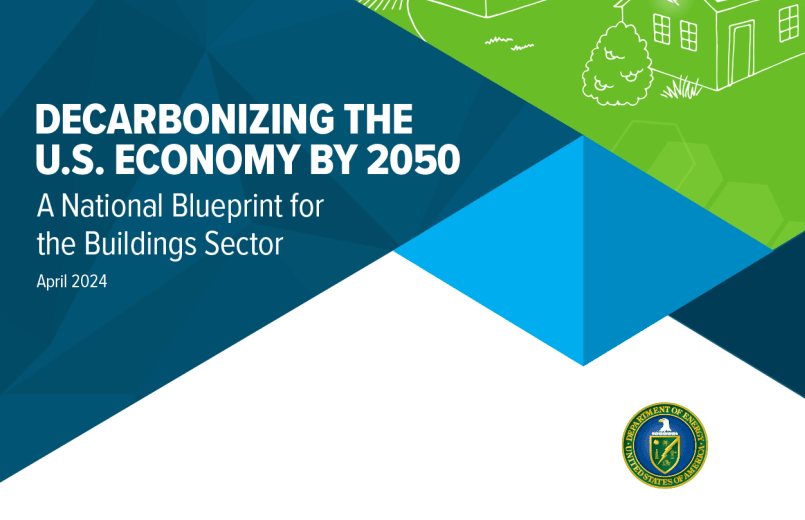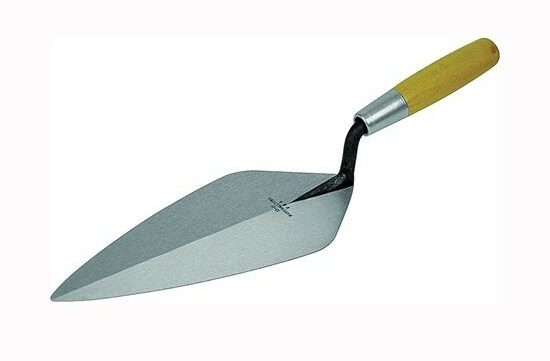Preparing Your Deck For a Firepit
As the chilly days approach, there’s nothing quite like the warmth and ambiance a firepit brings to an outdoor setting. Especially when placed on a deck, firepits can provide a cozy spot for friends and family to gather. However, ensuring your deck’s and loved ones’ safety requires proper preparation. Decks, primarily made of wood or composite, can easily be affected by the high temperatures a firepit emits. Without the right precautions, there’s a risk of damage or even a dangerous fire. This guide will lead you through essential steps in preparing deck for a firepit, allowing you to enjoy the flames without fear.
Understand the Type of Your Deck Material
Different decks are made of different materials, and knowing what yours is made of is the first step. Whether hardwood, softwood, or composite, each has its resistance level to heat and flames. Hardwood, for instance, tends to be more resistant to heat than softwood. Composite decks, made from wood and plastic, can also vary in heat tolerance. Always check the manufacturer’s guidelines for any specific recommendations or warnings.
Choose the Right Firepit
Not all firepits are suitable for deck use. When shopping for one, look for models specifically designed for decks or those labeled “deck safe.” These firepits generally have a heat shield or base that reduces the heat transferred to the deck below. Choosing a firepit with sturdy legs and a stable base is essential to prevent it from tipping over.
Use Protective Barriers
To further safeguard your deck, invest in a protective barrier or pad. These barriers are designed to withstand high temperatures and will ensure that the heat from your firepit doesn’t directly affect your deck. Place the barrier beneath your firepit as a buffer between the heat source and your decking material. Options include fire-resistant mats and bricks, which are effective at diffusing heat. If it’s something heavy make sure the surface can support the additional weight (eg StoneDeks).
Ensure Proper Ventilation and Spacing
A fire needs oxygen to burn, and proper ventilation ensures that your firepit gets enough air without becoming a hazard. Avoid placing your firepit directly against walls, railings, or other structures that might block airflow. Keeping the firepit at least 10-15 feet from your home or any other structure is also wise. Moreover, ensure enough space around the firepit so guests can comfortably gather without getting too close to the flames.
Regularly Monitor and Maintain Your Firepit
Once your firepit is set up, ongoing maintenance and safety checks are crucial. Before lighting a fire, check for any signs of damage or wear. After each use, clean out ashes and unburnt materials. This helps the firepit work more efficiently and reduces potential fire hazards. Always keep a fire extinguisher or a bucket of water nearby in emergencies. Remember, a firepit is only as safe as the care and attention you give to it.
Prioritize Safety Equipment
While the allure of a firepit is undeniable, always keep safety tools on hand. This includes spark screens to prevent embers from flying out and possibly igniting the deck or nearby objects. Additionally, protective gloves can be helpful when adjusting logs or moving the firepit. It’s also wise to keep children and pets at a safe distance and educate them about the risks associated with fire.
Schedule Regular Inspections
Over time, even the best-maintained decks and firepits can develop issues. Schedule regular inspections of both your deck for signs of wear, potential fire hazards, or structural problems and your firepit for any damages. Fixing minor issues promptly can prevent larger, more costly problems.

Hardscapes SalesMike Taylor
Latest News
4 Features That Makes Masonry Supply Company Stand Out
A masonry supply company plays a crucial role in the success of construction projects, providing essential materials and expertise to […]

Choosing The Right Size Lintel For Your Project
Determining the correct size of a lintel is critical for the stability and longevity of your construction project. A lintel […]

Data Misses on Embodied Carbon
There is significant urgency to avoid, reduce, or even reverse the emissions of greenhouse gases (CO2e) to avoid the worst […]

4 Masonry Tools You Should Have At Home
Effective and efficient masonry work, whether for repairs or new projects, requires the right tools. At home, having a basic […]
